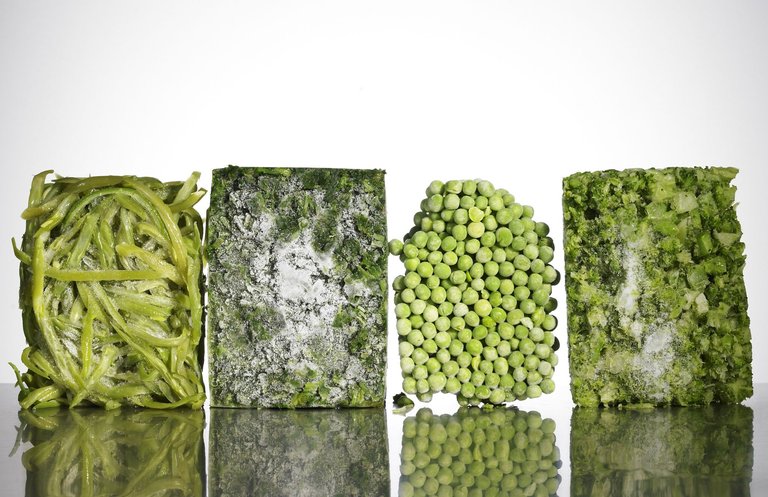
Source
In our current fast paced world, for me to whom this proposition title belongs, preparing meals is often out of the question due to no time. Such is the case with vegetables and meat, where even organizing ready-to-eat meals is not an exception for them. Then, should it be said we actually consume frozen foods for a real healthy purpose?
No cooking hot meals makes them last up to 3 days, as it can lead to the growth of bacteria and rotting. Freezing is a relatively effective way of storing fresh food; on the contrary, freezing for ready-to-eat meals, it does not always work successfully. Although these foods usually contain chemical additives that might be dangerous to the body, they do help in easing certain human conditions. The same fact prompts many healthcare experts' suggestions to be careful when you do not get fresh foods out of the freezer.
It is claimed by experts that the farther away from fresh food that frozen foods are, is the more likely that this would be used for a rapid weight growth. The consequences are not limited to the issues of physical health; ongoing consumption of trans fats can also negatively affect the cardiovascular system. The fats, which are a fingerprint of frozen foods, can bring deadliness of heart diseases by choking the arteries and increasing the blood pressure.
Furthermore, many frozen food products will have high levels of sodium which can in turn contribute to an increase in blood pressure. Apart from that salt has an ability to increase sodium intake leading to further problems like heart diseases and raised blood pressure.
Most nutrition advisers will defend the position that bursting their food reserves with flavor enhancers, food preservatives and colorants make them last longer. Though they contribute to food’s taste and preservation, these chemicals can potentially have a negative impact on the general health. Moreover, freezing of frozen foods having monosodium glutamate (MSG) enhances their flavor, but the MSG accounts for certain health hazards for the user, which includes raised blood sugar levels.

Source
The increased draw in the consumption of frozen foods could result to blood sugar levels being increased due to the sugar and carbohydrate added. Similarly, there is a chance of appearance of diabetes and other metabolic disorders.
There are some plausible objections to choosing these products this way. However, convenience and longer shelf life are the major factors the frozen food manufacturers that are very attractive to many shoppers. On the other hand, consumers should avoid sizing up on these foods. But make sure to have fresh, whole foods as the number one priority. Even though frozen foods give you an opportunity to get all the nutrients you need in a convenient form they shouldn’t replace a balanced diet based on fresh fruits, vegetables, dairy products, and whole grains.
To sum up, using frozen foods as a way of solving the hectic lifestyles of most people emerges as a shortcut which, unfortunately, carries a range of health problems on its back. Even frozen foods though are wide appreciated among consumers junk foods like this must lead to long-term problems such as obesity, cardiovascular disease, etc. As such, a consideration of high nutritional foods in one's diet is mandatory for achieving this balance. Always keep in mind that moderation is the key, and letting food be thy medicine is of greatest importance for your health or your own well-being. Consequently, consider making a fresh option your next choice if you're thinking of a frozen meal. Before you know it, you'll be consuming real food rather than just the automatically created foods.
[@PowerPaul:] Thank you for your support and Hive a great day!